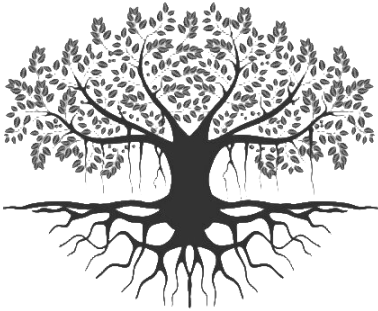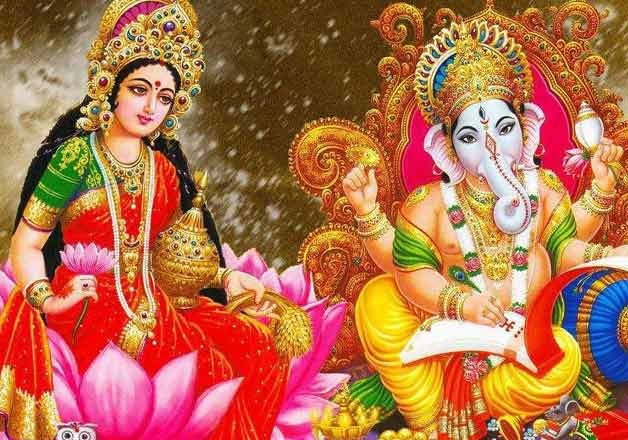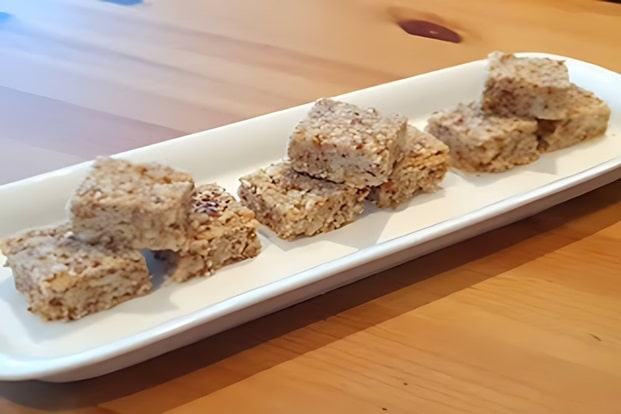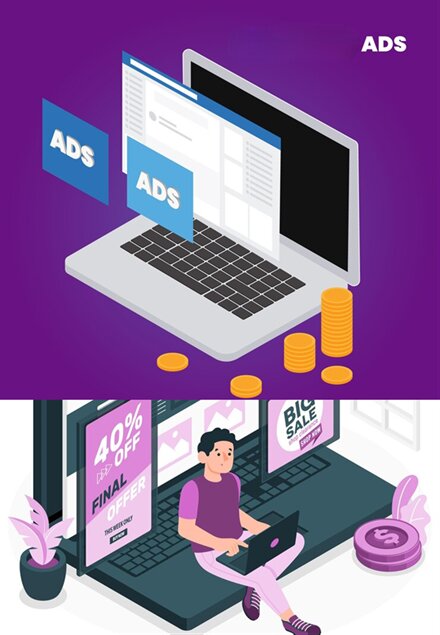
My Experience Turning Vegan
It was only about 3 years ago that I came to know about the pain of a cow in a commercial dairy set up. I grew up a vegetarian, having cow milk and products. Cow milk was an inevitable part of my diet and culture.
As I mention culture I’d like to remind the reader that in the times when cow milk got incorporated into our diet, cows were reared at home, and milk was taken for consumption only a after the calf was fed. Our culture endorses that no cow or calf should be ill-treated in the process.
As I mention culture I’d like to remind the reader that in the times when cow milk got incorporated into our diet, cows were reared at home, and milk was taken for consumption only a after the calf was fed. Our culture endorses that no cow or calf should be ill-treated in the process.
Unfortunately, today milk consumption is still a part of our culture while we are oblivious to fact that milk production is no more a domestic errand but a commercial enterprise. Milk production, today, involves treating a cow like a commodity; artificial foods, artificial impregnation, separation from the calf, slaughter after productive life and slaughter of male calves.
To me, the knowledge that my consumption of milk is causing such pain to a being that is helpless, was disturbing. I understand that my very existence is taking away the lives of a zillion micro beings and probably impacting others. However, I do believe one must do their best, that which is within one’s capacity, towards other life.
A vegan aspires to avoid all forms of exploitation of, and cruelty to, animals for food, clothing or any other purpose; and by extension, promotes the development and use of animal-free alternatives.
In this article, I share my experience in embracing veganism and some thoughts, more in terms of changing the diet as that is the hardest part.
To me, the knowledge that my consumption of milk is causing such pain to a being that is helpless, was disturbing. I understand that my very existence is taking away the lives of a zillion micro beings and probably impacting others. However, I do believe one must do their best, that which is within one’s capacity, towards other life.
A vegan aspires to avoid all forms of exploitation of, and cruelty to, animals for food, clothing or any other purpose; and by extension, promotes the development and use of animal-free alternatives.
In this article, I share my experience in embracing veganism and some thoughts, more in terms of changing the diet as that is the hardest part.
Overcoming attachment – So here I was moved to changing my diet. But I was very much habituated to chai and various other milk based preparations. Attachment to dairy products makes it difficult for an average individual to move towards a compassionate way of consumption. The only way to overcome this attachment is empathy. Always remind yourself why you decided to become vegan in the first place. This will help keep the resolve. If your resolve is strong you will eventually discover your favorite alternative. I now find a tall glass of ginger black tea as satisfying as a cup of masala chai.
Managing one’s expectations – Change is not easy, neither is the process straightforward. Always remember that for years you have followed a particular diet, and now you are trying to change that. So go easy on yourself. Do not punish yourself if you falter. Focus on the positive outcomes, instead of the negative. Do not expect absolute or perfect outcomes. The outcome is not as important as your effort. Even a reduction in the consumption of dairy is a positive step. In spite of being motivated, sometimes, I do end up having chai with family and friends. But I have learnt to forgive myself and by doing that I only strengthen my resolve to work towards being able to completely avoid dairy.
Overcoming the concerns of family and friends – When you decide to turn vegan the first resistance you will face will be from your near and dear ones. They will express concern about how it might impact your overall health and they may deter you from the change. The key to overcoming this is to communicate effectively; your resolve and the reason thereto. Also inform them of the steps you are taking to take care of your health.
Nutrition – Although I could avoid dairy, I had no idea how to re-balance my diet to make up for the lost nutrients. I did some reading. I visited a couple of nutritionists and also spoke to those who had turned vegan. One of the nutritionists gave me a diet chart which I followed for some time but soon realized that following a set pattern is monotonous. Also the diet chart was not practical as it involved eating often and included a variety of foods which is difficult to organize on a daily basis.
The word vegan is not synonymous with good health, as a vegan diet can include foods that do not promote good health but are dairy-free. From a nutrition perspective, I recommend a whole-food plant based diet. Whole food are natural foods that are not heavily processed. That means whole, unrefined, or minimally refined ingredients. Plant-based means food that comes from plants including seeds and nuts. He further adds that although a whole-food plant based diet is balanced it does not contain these 4 nutrients – B12, D3, K2 and Long chain Omega 3. We therefore need to keep a check on these and take supplements as required, when following a whole-food plant based diet.
After much research, consultation and trials, my vegan food philosophy is as follows;
- Do not kill the joy of eating by radically changing your traditional eating pattern. Food that belongs to our culture gives us joy and a sense of satisfaction that no other meal can match. The challenge is to alter our food in such a way that we preserve the traditional element while at the same time transition to a healthier and compassionate way of eating.
- I include whole plant based foods (fruit, vegetables, whole grains, legumes, nuts and seeds) in my diet as much as possible.
- I keep a check on Vitamin B12, D3, K2 and Long chain Omega 3 and take supplements for the same as required.
- I try to exercise whenever I can. Exercise is important for nutrients to get absorbed in your body.
- I do not get into nutritionism – looking at food from the point of view of nutrients. I enjoy food without thinking too much about what it offers me.
- Trust in God. No matter how much one knows, one can never know enough.
Veganism is for the rich – Veganism is perceived as a lifestyle of the affluent. This is not true. You do not have to have almond milk or any other highly priced vegan product available in the market. Even the whole plant based food doesn’t have to be exotic. The easily available local produce is good enough. Yes, you might have to eat more of whole plant based foods and take supplements but that promotes your health and may help bring down your other healthcare costs. You must also consider the reduced cost in terms of money and health owing to excessive consumption of dairy and related products.
We still need cruelty free cow milk – I have taken to a vegan diet only to contribute to animal welfare. However, I have come to believe that a minimum intake of cow milk and related products in the diet helps us avoid supplements and keeps our diet natural. Excessive intake of dairy and dairy treats are definitely not desirable. Although I have taken to a vegan diet, I cannot have my son follow the same as I cannot have him take supplements at his age. While I can ensure he has more whole plant based foods, I cannot take out dairy from his diet completely. I would buy cruelty free milk if it were available, but unfortunately I do not have that option currently. For this, I am guilty and heavily indebted to the cow, and I pray that cruelty free milk becomes a reality soon.
Change impacts productivity – Our need to be productive may not afford us the luxury of implementing a change, especially in our diet. But the least we can do for the cow is to reduce consumption of dairy where possible and avoid dairy treats.
Popular Posts
Copyright © 2024 WeGujarati. All Rights Reserved. Designed By The Creativity Studio





